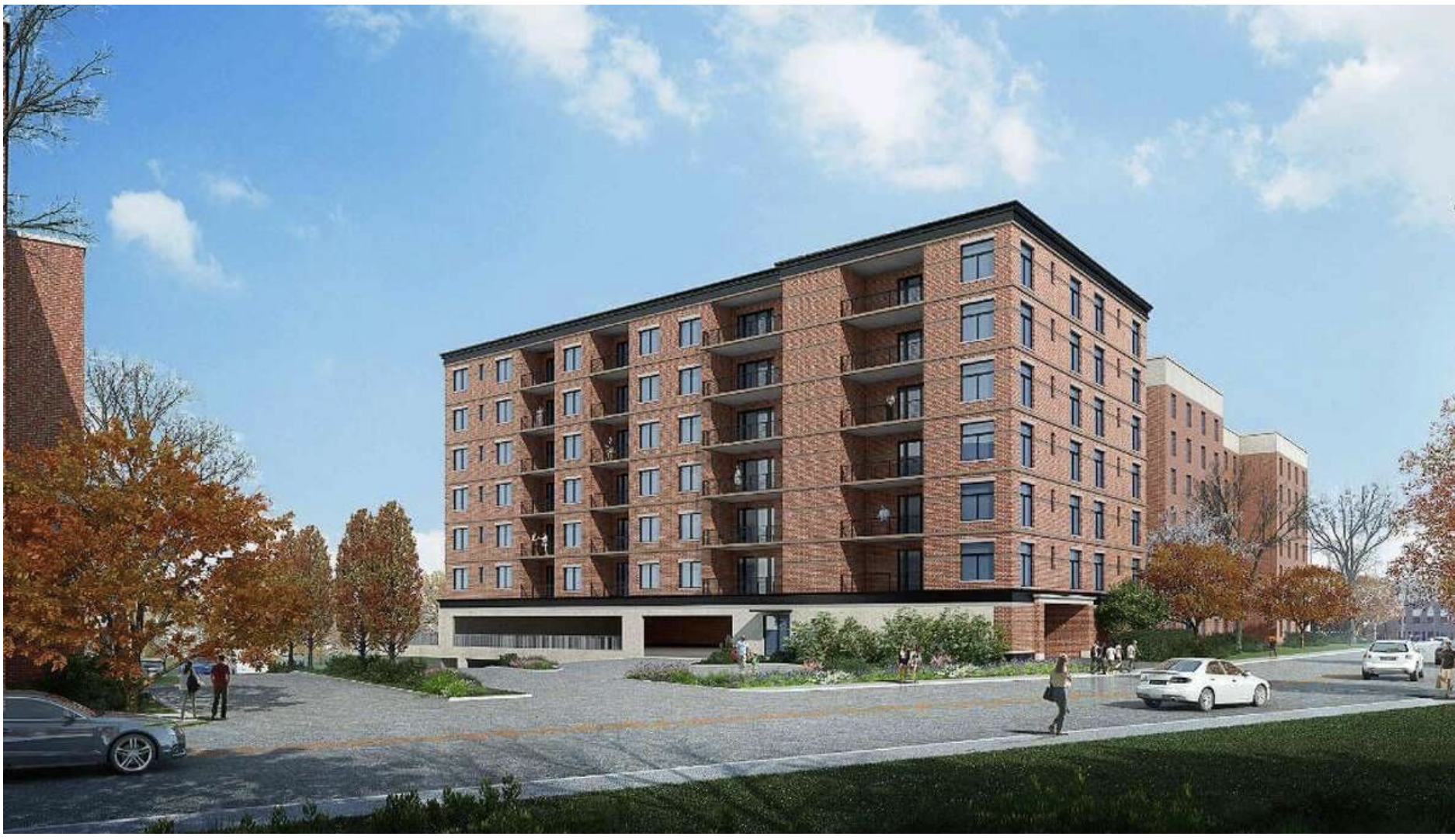They won't stop until we stop them, and we may not be able to
/proposed for 240 greenwich avenue
Steven Green reports from Colorado:
MY LITTLE TOWN: Monument pushes back against Polis’ plan for more affordable housing.
The plan was introduced in the State Senate two weeks ago and allows the state to control more zoning laws and holds local governments to a statewide land-use standard.
Governor Polis thinks that more density and availability is the way to fix the affordable housing issue in Colorado, but not everybody agrees.
In Monument, the mayor says this is a ‘one size fits all’ plan that doesn’t fit his town.
Monument Mayor Mitch LaKind and the six members of the town council are not on board with the high-density zoning plan laid out by Governor Polis.
“The increased density that would be allowed if this were to pass would be catastrophic to Monument’s culture,” LaKind said.
LaKind and Mayor pro-tem Steve King believe Monument’s current infrastructure can’t handle more people. They say that there are not enough roads, water, parking, or schools to accommodate an increase in population.
“There is no affordability mechanism in this bill,” King adds.
That’s because takeovers like this one aren’t about affordability. They’re about the left’s war on suburban and exurban life in general, and single-family dwellings in particular.
ALBANY – Housing is displacing bail as the big issue holding up a state budget 13 days past an April 1 deadline, a source familiar with the discussions told The Post.
Gov. Kathy Hochul is pushing an affordable housing plan aimed at creating 800,000 new units over the next decade despite resistance from suburban lawmakers annoyed at an approach that would undermine local zoning laws.
The governor signaled Thursday she’s not about to back down.
Hochul has proposed downstate and upstate localities hike their housing stock by 3% and 1%, respectively, over three years. Failing to meet these goals would mean a state board could override local vetoes on construction.
A second proposal would allow higher densities – roughly 50 units per acre – within a half-mile of commuter rail stations within 15 miles of New York City.
Experts say an enforcement mechanism is critical to making a housing plan succeed.
Suburban lawmakers have pushed back against the proposal though legislative leaders appear willing to strike a compromise deal with Hochul.
The Democrats enjoy complete command of New York’s Legislature, Governship, and the courts, so the residents of the state who granted them that monopoly are certain to receive their just rewards in the coming months.
Think it can’t happen here? Here’s an opinion piece that was published in the Connecticut Mirror less than two weeks ago; it sets forth exactly what they have planned for us.
When it comes to housing in Greenwich, exclusion is the point
Even after recognizing that the town has become a rich and exclusive enclave, no change in governing practice has occurred or appears forthcoming. That’s because the exclusion is the point. The town of Greenwich simply doesn’t believe they need to allow other people to live there.
There is nothing special about Greenwich (48 square miles) that indicates why Stamford (52 square miles) should have 2.7 times the population density. Water, sewer capacity and environmental concerns are often cited as reasons Greenwich cannot support additional growth. However, the lack of sewer and water capacity is a result of Greenwich choosing to underinvest in expanding those capacities over the preceding decades.
Additionally, any argument considering environmental concerns cuts against the Greenwich model. Walkable, dense neighborhoods near mass transit are significantly more energy and resource efficient than car-centric, sprawling, single family developments. The idea that we must block more efficient forms of housing to hoard resources for inefficient forms of housing is nonsensical.
And so on.

